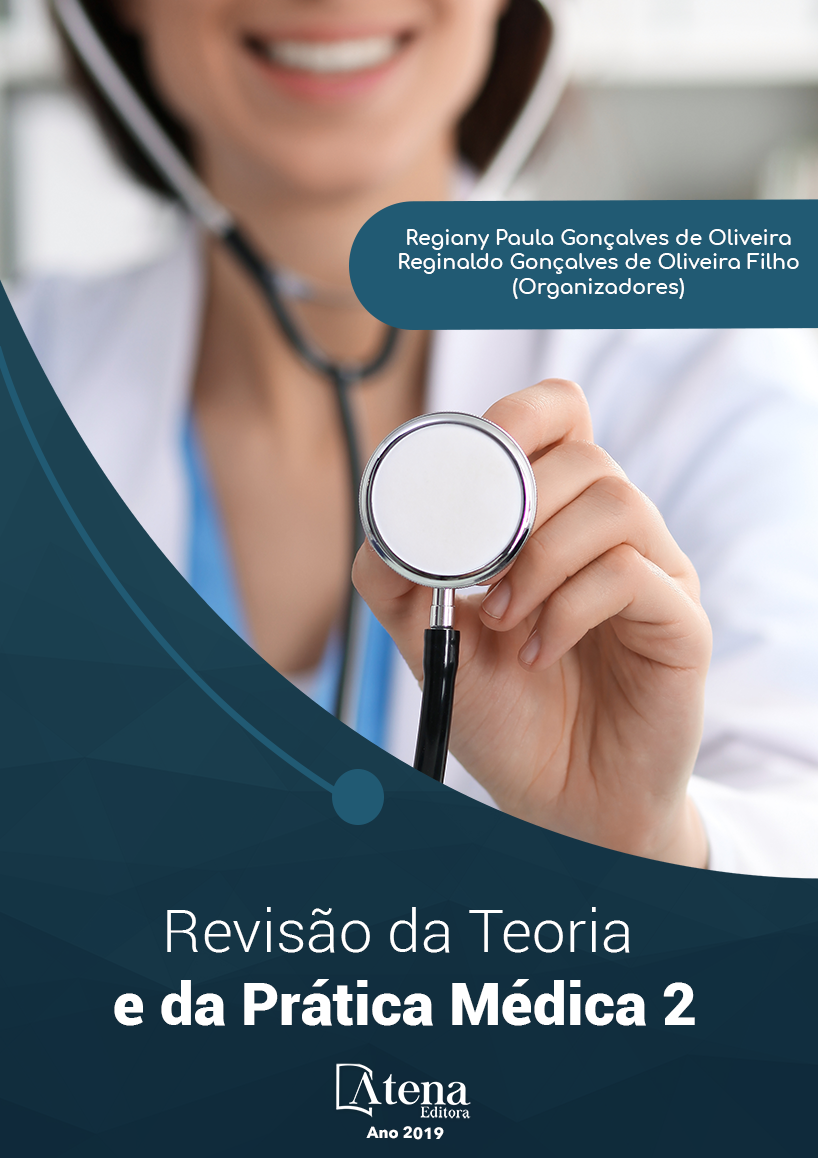
MOLÉCULAS BIOATIVAS DERIVADAS DE LIPÍDIOS RELACIONADAS À RESPOSTA INFLAMATÓRIA
Os autacóides são provenientes
de ácidos graxos poli-insaturados com ação
parácrina e autócrina derivados de fosfolipídios
que atuam como mediadores para várias
funções biológicas como broncoconstricção,
contração vascular, agregação plaquetária
e respostas inflamatórias. O objetivo desse
estudo, por meio de uma revisão sistemática de
literatura, foi relacionar a síntese de autacóides
lipídicos, os pontos de controle e como os efeitos
desses mediadores químicos celulares podem
ser modificados diretamente pelos nutrientes na
dieta, como evidenciado pelo papel emergente
de ácidos graxos ômega-3 na prevenção e
tratamento da evolução da inflamação. Utilizouse
para a pesquisa artigos da base de dados
eletrônicas PubMed/MedLine (National Library
of Medicine) entre o período de 2014 a 2019,
com os descritores inflamação, eicosanóides e
ômega-3, em que 18 artigos foram selecionados
para a compilação de dados relevantes sobre
o assunto. O levantamento mostrou que
endogenamente o equilíbrio das séries ômega-3
e 6 é alcançado pela competição das enzimas
das vias de síntese, sendo que a prevalência da
rota pró ou anti-inflamatória está relacionada à
liberação de mediadores a favor da resolução da
inflamação e, quando aplicados aos processos
de resolução inflamatória aguda, são efetivos
para a interrupção da síntese ou da ação de
mediadores que resultem em prejuízos teciduais
e sintomas indesejáveis, proporcionando assim o raciocínio para o desenvolvimento
de miméticos compatíveis e estáveis, trazendo benefícios aos que sofrem de doenças
inflamatórias, prevenindo sua evolução e possíveis impactos.
MOLÉCULAS BIOATIVAS DERIVADAS DE LIPÍDIOS RELACIONADAS À RESPOSTA INFLAMATÓRIA
-
DOI: 10.22533/at.ed.0721903093
-
Palavras-chave: Inflamação, Eicosanóides, Ômega-3
-
Keywords: Inflammation, Eicosanoids, Omega-3
-
Abstract:
Autacoids are derived from polyunsaturated fatty acids with action paracrine
and autocrine derived from phospholipids that act as mediators for various biological
functions such as bronchoconstriction, vascular contraction, platelet aggregation, and
inflammatory responses. The objective of this study, through a systematic review of the
literature, was to relate the synthesis of lipid autacoids, control points and how the effects
of these cellular chemical mediators can be modified directly by the nutrients in the diet,
as evidenced by the emerging role of acids omega-3 fatty acids in the prevention and
treatment of inflammation. It was used to search articles from the PubMed/MedLine
electronic database between the period from 2014 to 2019, with the descriptors
inflammation, eicosanoids and omega-3, in which 18 articles were selected for the
compilation of relevant data on the subject. The survey showed that endogenously the
balance of the omega-3 and 6 series is achieved by the competition of the enzymes of
the synthesis routes, and the prevalence of the pro or anti-inflammatory route is related
to the release of mediators in favor of the resolution of the inflammation and, when
applied to the acute inflammatory resolution processes, are effective for interrupting
the synthesis or action of mediators that result in tissue damage and undesirable
symptoms, thus providing the reasoning for the development of compatible and stable
mimetics, bringing benefits to those suffering of diseases inflammatory, preventing their
evolution and possible impacts.
-
Número de páginas: 15
- Giovanna Bruna De Almeida Carvalho
- João Victor Camargo Caldeira
- André Gustavo de Lima Godas
- Danielle Cristina Tonello Pequito
- Julie Massayo Maeda Oda
- Luzia Aparecida Pando
- Monica Mussolini Larroque
- Silvana Cristina Pando


